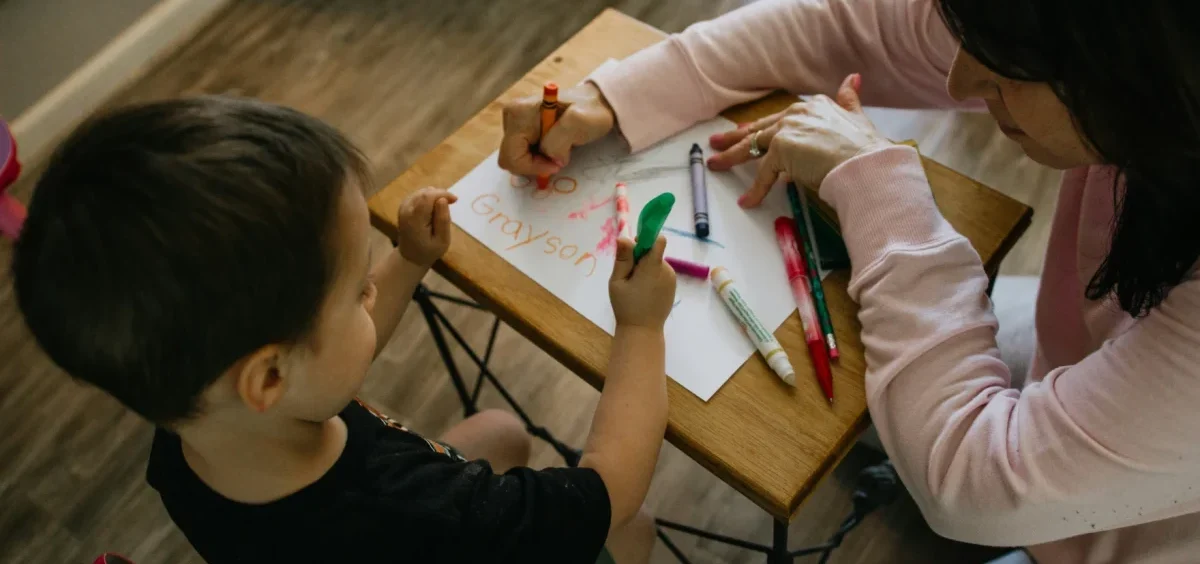News

Caregiving brings significant – and often hidden – financial and emotional strain
By: Erin Gottsacker | The Ohio Newsroom
Posted on:
COLUMBUS, Ohio (The Ohio Newsroom) — Between raising young children and looking after aging parents, caregiving is a common experience. But it’s not easy.
According to a recent survey, about a third of caregivers in the Midwest say the experience worsened their mental and emotional health.
Even more say it has affected their finances. About half of caregivers in the region say they’ve taken on more debt and nearly 40% say they’ve stopped saving as a result of providing or coordinating care.
“Caregiving affects people in lots of different ways,” said Shoshanah Inwood, a rural sociologist with Ohio State University. She wanted to learn more about who’s providing care and the biggest challenges they’re facing.
As a fellow with the North Central Regional Center for Rural Development, she put together a team of experts from universities, economic development organizations, AARP and the National Farm Medicine Center to design a survey on caregiving.
“This is the first-of-its-kind survey to really understand what caregiving looks like, whether you’re taking care of a child, an adult, an elderly member or all three,” she said.
What did the caregiving survey find?
More than 5,000 people have responded to the survey across 25 states in the Midwest and Northeast.
“So we can really start to see some of the trends of who’s doing the caregiving and how it’s affecting their lives and their communities,” Inwood said.
Here are some key takeaways:
1. Caregiving is a nearly universal experience.
“Almost everybody is involved in caregiving,” Inwood said. “Either they’ve experienced caregiving, or they themselves are a caregiver or one day they will need caregiving.”
But some caregivers are affected more than others. Inwood says caregivers who tend to be more emotionally and financially stressed are women, low-income, caregivers of color, and people located in rural areas.
2. Caregiving impacts caregivers’ health and well-being.
“While some caregivers express a lot of joy and pleasure and felt that they were voluntarily doing their caregiving work, a really significant percentage actually felt that they were forced to do caregiving,” Inwood said. “And it does actually have negative impacts on their health and well-being.”
“Almost everybody is involved in caregiving. Either they’ve experienced caregiving, or they themselves are a caregiver or one day they will need caregiving.” -Shoshanah Inwood
Some people had to stop pursuing educational opportunities or switch jobs because of caregiving responsibilities, Inwood said.
About a third of caregivers surveyed in Midwestern states said caregiving worsened their mental and emotional health and their social lives.
3. Caregiving can take a financial toll.
According to Inwood, half of the caregivers surveyed reported financial difficulties as a result of providing or coordinating care. More than half said they were taking on more debt, 40% said they stopped saving and 38% said they missed or were late paying a bill.
“So we can actually really see how these things can cascade to affect a person’s current finances, and then also their future finances and ability to get credit and stay on their feet,” Inwood said.
Possible caregiving solutions
The data from this survey is open access, Inwood said, so researchers, nonprofits and community leaders can use it to get a snapshot of what’s happening in their area, and to potentially do further research.
“We can’t answer everything in one survey,” Inwood said. “So that’s really the hope that folks can go on and use this for additional initiatives.”
But Inwood is also hopeful that national initiatives could make caregiving, particularly for children, easier.
Last year, Sen. Sherrod Brown introduced the Enhancing Childcare in Rural America Act, which would unlock rural development funds for childcare purposes.
Before the pandemic, three in five rural communities were classified as childcare deserts.
“We know we need more solutions that are going to enhance rural vitality, and also increase workforce attraction and retention,” Inwood said. “Childcare is a key part of that.”

